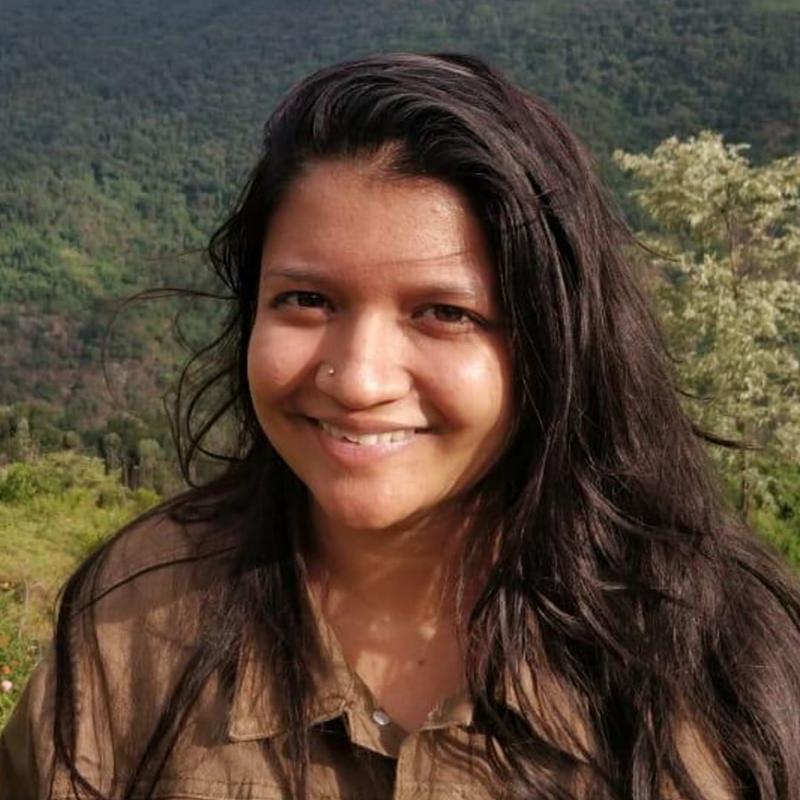Breadcrumb
Uttara Narayan (MPP 2012) is a Manager of Energy Governance at the World Resources Institute (WRI), a global non-profit research organisation. Based in India, Uttara works at the intersection of environment and development to address pressing challenges around energy and climate governance.
One aspect of Uttara’s work is focused on electricity access. While households in many regions across the globe suffer from poor or non-existent electrical supply, Uttara’s work goes beyond addressing this issue alone: “It’s not just about setting up a connection – you need to make sure that connection is reliable and sustainable,” she explains. Much of her work in this area is concentrated in the Indian state of Jharkhand. “It’s a state which is beset by the ‘resource curse’,” Uttara says. “Jharkhand is rich in forests, natural resources, and a vibrant civil society ecosystem but has historically been impacted by internal insurgencies because the people do not reap the benefits from any development that these resources promise.”
Uttara’s work also examines how to ensure sustained energy access for critical infrastructure; this year, she is co-authoring a report for the World Health Organization on how to power healthcare in resource-constrained settings. “This work requires an understanding of the political and governance dynamics behind healthcare. I’m able to approach challenges from this angle thanks to the Master of Public Policy (MPP).”
“Almost ten years after graduating, I still regularly draw on lessons from my time at the Blavatnik School – the development economics course with Paul Collier and our module on global health governance by Professor Devi Sridhar are still particularly relevant to my current work.”
Her work also seeks to provide decision-makers with access to geospatial analysis, helping them make informed choices on energy governance. The Energy Access Explorer project is an online, open-source platform that uses geo-spatial mapping to visualise the state of energy access in unserved and underserved areas. “We wanted to create a tool that allows decision-makers with no GIS (geographic information system) expertise to be able to understand the relevant information. The platform is interactive, so users can filter relevant datasets to inform decisions such as where to introduce solar power first, or to see which areas need more assistance in expanding access to reliable electricity.” Since the tool was developed, Uttara has been working to increase engagement with multiple government stakeholders across various levels of governance.
“If we treat energy access and development as silos then we won’t achieve the progress required alongside the climate urgency. It has been rewarding to see a greater appreciation of the link between these two especially at a decentralised level.”
In addition to her work on electricity access, Uttara conducts research around a just and regenerative transition, which seeks to ensure that the benefits of a transition to a green economy are shared by all and that nobody is left behind. “We recently released a report calling for the development of stronger regulatory mechanisms that go beyond the ESG (environment, social and governance) evaluations that are widely used at the moment.” She is currently conducting an action inquiry with various stakeholders across the renewable energy value chain to understand how to make the sector responsible.
Looking ahead, Uttara hopes to continue building alliances across government and civil society to amplify the message of her work: “The values of equity and social justice are becoming much more mainstream in conversations around energy and resources, and I’m excited to see how that plays out.”
Uttara was a Chevening/Weidenfeld-Hoffmann Scholar.
July 2021

